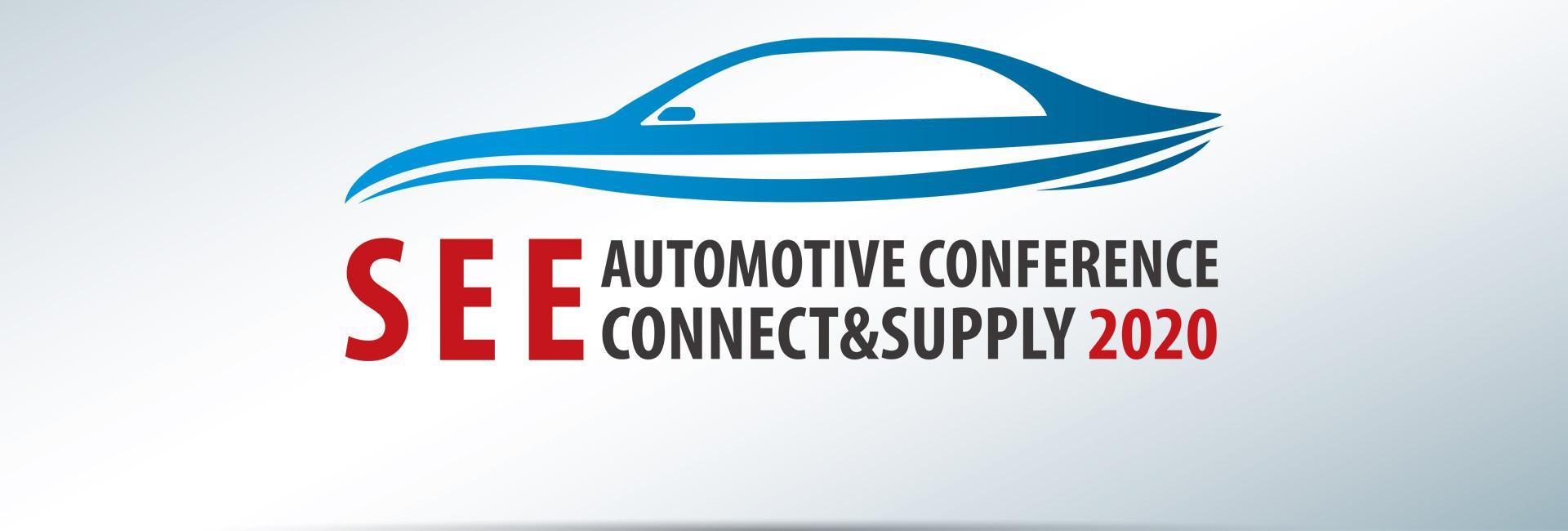The investments in the automotive sector in Serbia last year amounted to 790 million euros.
Despite the crisis in the automotive sector, Serbia is the most desirable destination in the region for investments by foreign automotive companies, according to the report by See News, a provider of business news and market information, published at an online conference on the automotive industry development „SEE Automotive – Connect & Supply”. The conference was organized by the Automotive Cluster of Serbia with the support of the project Private Sector Development in Serbia (PSD), implemented by the GIZ within the German-Serbian Development cooperation. In the virtual space, 14 representatives of this industry shared their opinion about the impact of the crisis caused by the Covid-19 virus and future trends.
„The sixth conference SEE Automotive – Connect & Supply this year gathered more than 200 participants in order to hear novelties about the current state of the automotive industry„, said Igor Vijatov from the Automotive Cluster of Serbia.
During the Covid-19 virus pandemic most companies in the automotive industry halted production and turned to donations and the production of materials needed to fight the virus. See News estimates show that the crisis in the automotive sector alone could affect two percent of the total labor force in the national economies of Southeast Europe, and losses across the region could be more than eight billion euros. „However, there is optimism, especially when it comes to Serbia. Serbia is obviously the most desirable destination in the region for investments by foreign car companies. Only from March 2019 to March 2020, the investments in the automotive sector of Serbia amount to 790 million euros and there is no data that there will be changes due to the crisis„, said Lilia Goranova from See News.
Analyses show that the automotive sector will be among heavily affected in the midst of the pandemic and the economic crisis it has caused, and the recovery depends on the measures to be taken by national governments. The economic future and development of Serbia also depend on the global situation in the automotive industry.
This industry is currently facing many challenges, such as the closure of manufacturing facilities and the disruption of trade and global value chains which threatens the Serbian automotive industry with its annual turnover of more than 3 billion Euros.
“Part of our support is dedicated to the Automotive Cluster in Serbia, which organizes conferences and other events in order to address the actual needs of the companies, and one of the main goals of AC Serbia is the digitalization in the automotive industry, which this crisis has made even more important”, said Alexander Beetz from GIZ, Programme Manager and Sector coordinator – Sustainable Economic Development and Employment.
Continuous support to the development of the automotive industry in Serbia is provided through the German-Serbian Development cooperation, which is implemented by GIZ, through various projects, and this year marks the 20th anniversary of this cooperation. „When the Covid-19 virus pandemic began, we discussed with our partners from Serbia how we can adapt our approaches in order to define measures that will mitigate the effects of the crisis. Together with the Center for Digital Transformation of the Serbian Chamber of Commerce we developed the Emergency Support Program for MSMEs in Serbia. This program offers free of charge support from consultants for digital transformation for companies in all industries, for which 120 companies applied in the first few days”, said Beetz.
Globally, one of the impacts of the crisis caused by the COVID-19 virus will be a lack of investment in innovation within the automotive industry. „The crisis will delay the development of autonomous cars until 2035, and it may never happen“ said Jay Nagle, a research and development specialist in the UK Department of International Trade. However, he added that the good news is that work on electric car development projects for 2021/2022 will continue, since the need for electric cars will not decrease, which are positive consequences of the pandemic, which itself has contributed to air quality.
Being one of the most important professional and business gathering in this part of Europe when it comes to the automotive industry, more than 100 b2b meetings took place in order to establish business contacts.


